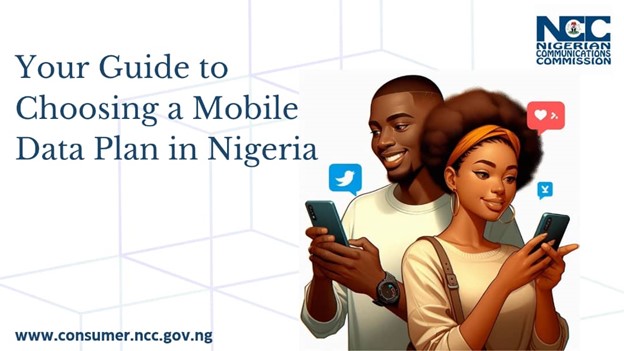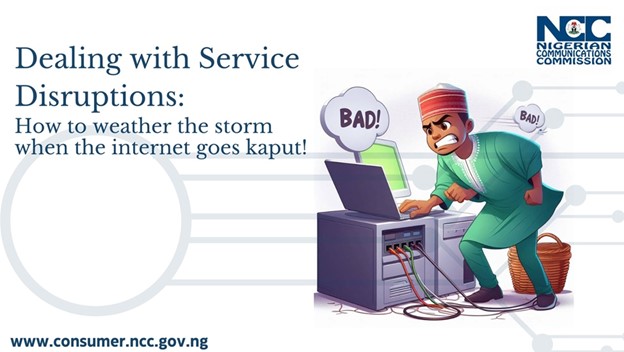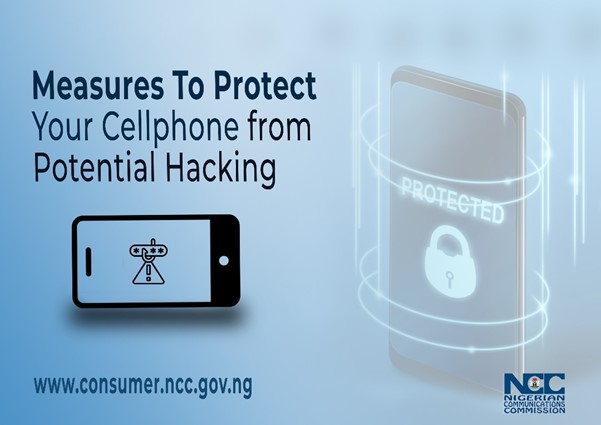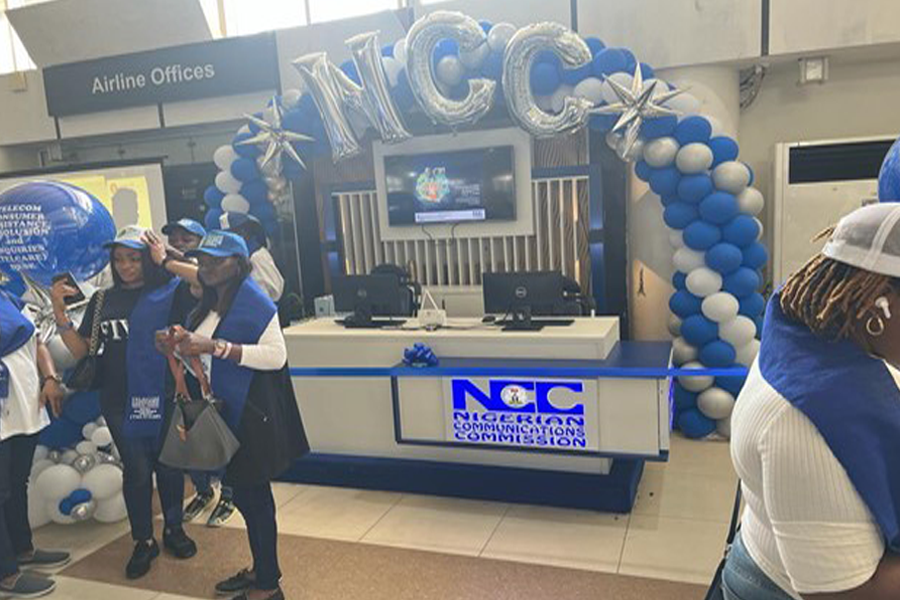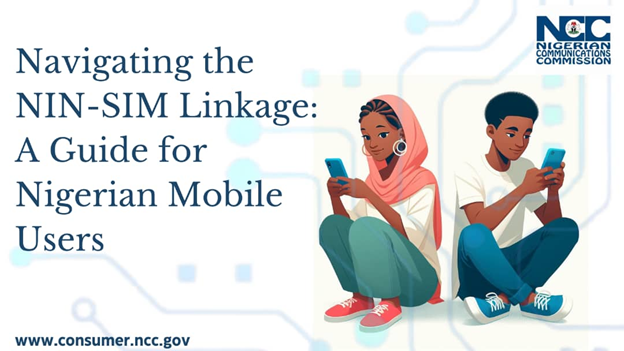Wangiri, a Japanese term meaning "one ring and cut," has become synonymous with a prevalent mobile fraud scheme. In this scam, fraudsters initiate a single ring to a mobile phone, enticing the recipient to return the missed call. However, the call is directed to an international premium rate number, resulting in exorbitant charges for the unsuspecting victim.
This deceptive tactic preys on curiosity, and the fraudsters capitalize on the momentary confusion caused by the missed call. To avoid falling victim to Wangiri fraud, telecom consumers are advised not to return calls from unfamiliar international numbers and to block suspicious numbers promptly. As telecommunications authorities enhance security measures, awareness remains a crucial defense against these scams. Stay vigilant and protect yourself from falling victim to the Wangiri mobile fraud menace.
In today's world, where mobile telephony has become an integral part of our lives, we must remain vigilant against the growing threat of mobile phone fraud. The advances in technology have brought us more comfort, but unfortunately, they have also led to a new way of scamming unsuspecting people. This article explains some of the most used methods by which people are cheated out of money with mobile phones, and shows us how to avoid falling victim.
- Fake Apps: Criminals often exploit the popularity of mobile applications by making fake versions of commonly used applications or implanting malicious software in popular apps. Such malicious applications can require a high level of permission, which may result in unauthorized access to the user's data or the installation of malware on the device. To prevent falling victim to this scam, download apps from the Official App Store, check app permissions, and get user feedback before installing them.
In today's digital age, the internet has become an integral part of our lives, connecting us to vast amounts of information and opportunities. This means staying safe online has become an essential part of our daily lives. To ensure your online safety and protect your personal information, it's crucial to follow these ten (10) essential tips.
- Use Strong and Unique Passwords: Create strong, complex passwords for your accounts by combining letters, numbers, and special characters. Avoid using easily guessable information like birthdates or names. Consider using a reputable password manager to generate and store your passwords securely.
- Enable Two-Factor Authentication (2FA): 2FA adds an extra layer of security by requiring a second form of verification, like a code sent to your phone, in addition to your password. This significantly reduces the risk of unauthorized access.
- Beware of Phishing Attempts: Be cautious of emails, messages, or links asking for personal information or urging you to take immediate actions. Legitimate organizations will never ask for sensitive data via email.
- Update Software Regularly: Keep your operating system, antivirus software, web browsers, and applications up to date. Updates often include important security patches that help protect your device from vulnerabilities.
- Use Secure Wi-Fi Connections: Avoid using public Wi-Fi networks for sensitive transactions or accessing confidential information. If necessary, use a Virtual Private Network (VPN) to encrypt your internet connection.
- Be Cautious with Social Media Sharing: Limit the amount of personal information you share on social media platforms. Cybercriminals can use this information to target you or attempt identity theft. Adjust your privacy settings on social media platforms to control who can see your posts and personal information.
- Secure Your Devices: Use strong passcodes or biometric authentication methods to secure your smartphones, tablets, and computers. Encrypt your devices to protect your data in case they are lost or stolen.
- Regularly Back Up Your Data: Back up your important files and data to an external drive or a secure cloud storage service. In case of a cyberattack or data loss, you can easily restore your information.
- Practice Safe Online Shopping: When making online purchases, only use reputable websites with secure checkout processes (look for "https://" and a padlock icon in the address bar). Avoid clicking on suspicious ads or links.
- Educate Yourself: Stay informed about the latest online cybersecurity threats and best practices. Participate in cybersecurity awareness programs and keep yourself updated on evolving cyber risks.
While the digital world offers unparalleled convenience and opportunities, remember that online safety is a continuous activity. Cyber threats are constantly evolving, so staying vigilant and informed is key to protecting your digital presence. By following these tips, you'll be better equipped to navigate the online world securely and confidently.
The Nigerian Communications Commission has directed all licensed all Mobile Network Operators (MNOs) to commence implementation of approved Harmonized Short Codes (HSC) for providing services to Nigerian telecom consumers.
QR code, an abbreviation for Quick Response code was invented in Japan in the 1990's for use in the automobile industry to aid production but have since spread to other areas of commerce. QR Code is used by multiple web applications to authenticate users based on a technology known as QR Login (QRL).
Users only need to scan the QR codes displayed on the web applications to log in, instead of






